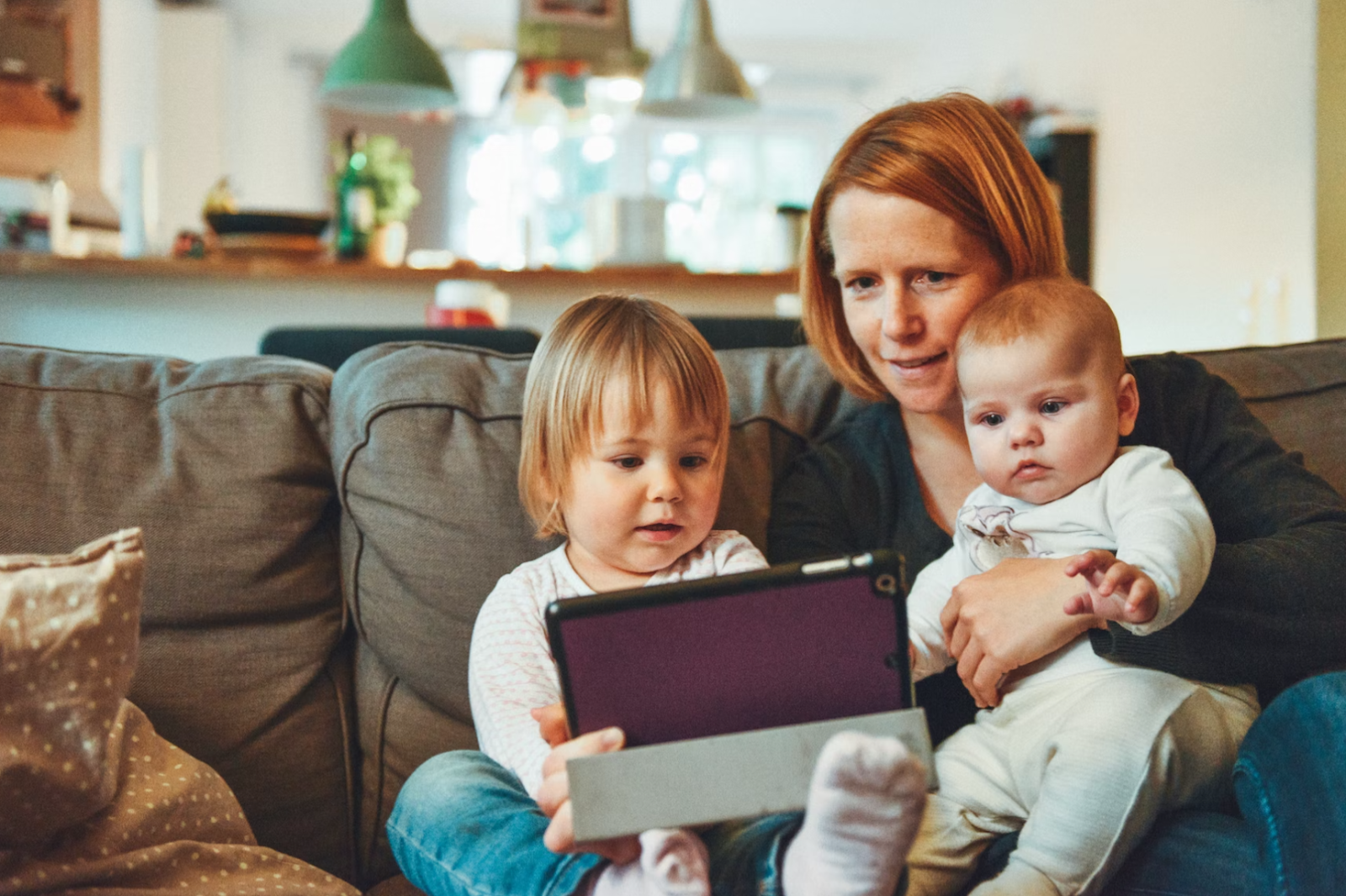Table of Contents
Years ago, it was almost unlikely that a child would use mobile devices. Today that reality has changed, and they use devices better than many adults. Unfortunately, while there is a lot of educational and kid-friendly content online, many bad people are also taking advantage of it.
- There are many dangers on the Internet that children need to be aware of. The most obvious danger is predators. There are many predators out there looking for new victims, and there are also a lot of people pretending to be kids online. It is important to teach your children how to identify these people and what signs they are looking for in order to avoid them.
- One other big danger is cyberbullying. The Internet makes it much easier for bullies to target their victims and make them feel even worse than they already do. It can be difficult to protect your child from this, but you should always be aware of what they are doing on their mobile devices just in case you can help them out when necessary. There are also many dangerous apps that kids shouldn’t have access to, so it is important that you check over their apps before allowing them access online again.
- Another issue that parents face these days is sexting. While some kids may not know what this means, it can still cause problems if they do not know the consequences of sending inappropriate content online or through messages from one device to another device without permission from the owner of the second device. It can even cause legal issues if a person under 18 years old sends pornographic images or videos through normal messages or through social media platforms like Snapchat or Instagram as these platforms have strict rules about distributing pornographic material regardless if it was done with the consent or not by the person sending it out into cyberspace where potentially everyone could see.
How to protect children from terrorist content on the Internet
As of June 2022, the European Union has created a program of rules called One-Hour on Terrorist Content to protect online users from terrorist-related content. These are resources that are often made available to minors. In short, the regulation aims to ensure that HSPs take action against terrorist content online and introduces the “golden hour” rule. HSPs will have one hour to respond to law enforcement’s requests to remove terrorist content from their platform.
Scan the Internet for content related to terrorism, such as videos or photos, and automatically remove them from social media platforms like Facebook or YouTube. This way these types of images or videos cannot be viewed by anyone who is not over 18 years old and potentially keep children from being exposed to this type of material online.
However, there is still controversy over how effective this type of software actually is as some people believe that it is only a matter of time before another terrorist attack occurs and people will want answers as to why they were not protected from seeing violent images or videos during the attack itself.
6 Ways to control the content your child accesses on the Internet
As mentioned in the article, there are many dangers a child can be exposed to on the Internet. Therefore, parents should take into account these tips to protect them.
1. Talk about the dangers of the Internet with your children. Explain to your children just how dangerous the Internet can be. You should also show them how to behave when they are on the Internet, and what kind of content they should avoid at all costs.
2. Monitor their use of social networks and chat rooms. The Internet is full of chat rooms, forums, and social media websites where children can meet people they don’t know in person. These people may try to get your child involved in something that’s not good for him/her, so it is important that you keep an eye on these sites and know who your child is communicating with online.
3. Use software that will help you control what content your child accesses on the Internet. There are many applications and content moderation tools available for smartphones and computers which will allow you to monitor what your children do online, block websites or apps that aren’t appropriate for them, etc. It’s a good idea to install such software on all their devices (computer, smartphone, tablet, etc), as well as on any other device which might be used by your kids (e-readers and gaming consoles)
4. Talk to your kids about the dangers of online predators. Explain to your children that there are bad people on the Internet who want to harm them, and teach them how to protect themselves from these threats. Read our article about how children can protect themselves from online predators.
5. Talk to your kids about pornography. Pornography is a huge problem for children, and it’s important that you talk to them about it and explain why they shouldn’t watch it.
6. Use parental control apps or software which will help you monitor what websites they visit on their smartphone or tablet. If you’re not tech-savvy enough, you can use software like Net Nanny, which will do all the work for you and block any inappropriate content your child might try to access (pornography, drugs, violence, etc).
Conclusion
Never think it won’t happen to you. Many parents ignore the importance of protecting their children from danger online. Something that is becoming increasingly important. Put these tips into practice to keep them safe.

